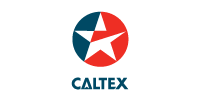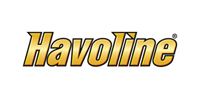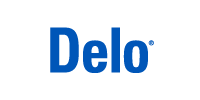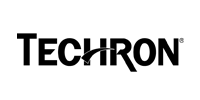How to navigate fuel economy challenges in the Middle East


The Middle East’s transportation section is undergoing a metamorphosis. With the rising logistical challenges faced by this dynamic region, the time has come to look for better efficiency and standardization in place for logistical services.
This complication further compounded by rise in transportation costs due to factors like growing consumer demand, escalation in fuel prices and even port congestion to a certain extent has impacted operational costs. Strategic cost management can no longer be overlooked.
Despite this challenging scenario, fleet operators in the Middle East refuse to give up. They have started to prioritize fuel efficiency which they believe is key to finding the balance between surging operational expenses and maintaining competitiveness. Moreover, the Middle East, especially the UAE with its commitment to sustainable transportation as evidenced in the UAE Energy strategy 2050 is working towards reducing fuel consumption and emissions while mitigating the repercussions of climate change.
Lubricants-your secret weapon to achieving fuel efficiency?
In the current climate, the choice of lubricants used only got more critical, as they play a key function in the fuel economy of a vehicle. Modern lubricants have been observed to have additives and specific viscosity grades which can affect the fuel efficiency of fleets. Here are some recommendations:
Switching to low-viscosity oils can allow the oil to flow with more efficiency through the engine, reducing oil friction and enable fuel economy without putting the vehicle’s engine in the line. This move, reportedly, has positive results in the form of reduced fuel consumption annually by up to 2.2 %
Choosing low High-Temperature, High-Shear (HTHS) Oils which are designed to be applied in exacting conditions can further improve fuel economy with additional fuel savings pegged between 0.4% and 0.7%.
And, as is evident, even a two percent improvement in fuel economy has a positive impact on the bottom line, resulting in considerable cost savings up to around AED 3,400 annually for an average truck.
How Caltex Delo 400 SLK SAE 10W-30 is at the forefront of the movement of improving fuel economy in the Middle East A premium quality “low-SAPS” heavy-duty diesel engine oil, Delo 400 SLK SAE 15W-40 with ISOSYN Advanced Technology, is specifically designed to lubricate a wide range of high speed diesel engines requiring API CK-4, CJ-4, CI-4 PLUS / SM, or ACEA E11 performance lubricants operating under the most trying service conditions.
With its outstanding soot dispersancy in place keeping soot in suspension, reducing filter plugging, cylinder head sludge, abrasive polishing wear and oil thickening along with its wear and corrosion protection of engine components due to effective antiwar additive system, this engine oil can minimize operating costs while reducing equipment downtime.
Adding to its list of benefits is its emission control system performance, ably supported by its latest generation formulation. The low-SAPS” (sulfated ash, phosphorus and sulfur) technology can contain reduced levels of metals, phosphorus and sulfur, while maximizing the life of sensitive catalyst metals and the cleaning intervals of diesel particulate filters.
Its balanced formulation allows one oil for many services while lessening the chance of product misapplication along with excellent overall performance in mixed fleets, reducing overall inventory costs.
To conclude, in the ever-changing transportation scene in the Middle East, it can be rightly said that adopting constructive lubrication strategies is the way forward. This is where Caltex Delo 400 SLK SAE 10W-30 can make a difference. Not only does this premium engine oil help with cost reduction but it also aligns with the UAE’s strategy of reducing emissions and encouraging sustainable transportation practices. This way, fleet operators who use these advanced lubrication solutions have a good chance to gain in overall operational effectiveness and profitability.





























